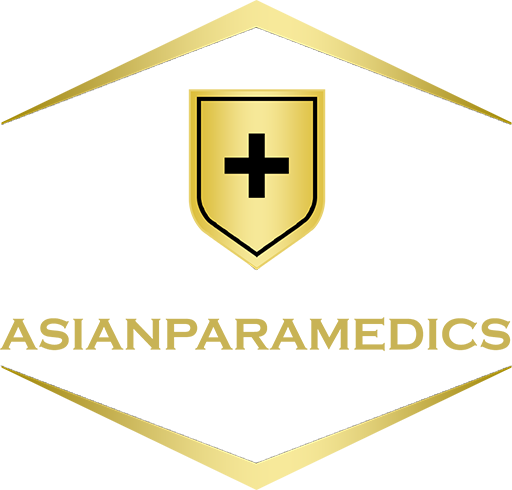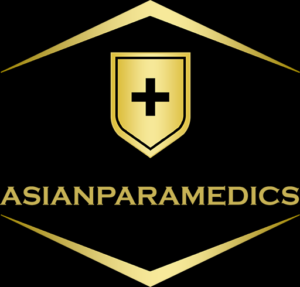- Glassware used to measure 24-hour urine volumes is a:
- a. volumetric flask
- b. beaker
- c. Erlenmeyer cylinder
- d. graduated cylinder ✅
- e. safety bulb
- Glassware used to make 100 ml of a 12% solution is a:
- a. volumetric flask ✅
- b. beaker
- c. Erlenmeyer cylinder
- d. graduated cylinder
- e. safety bulb
- A suction device used to draw up liquids is a:
- a. volumetric flask
- b. beaker
- c. Erlenmeyer cylinder
- d. graduated cylinder
- e. safety bulb ✅
- The pipette with a bulged-out portion in the middle is a:
- a. Mohr pipette
- b. pasture pipette
- c. serological pipette
- d. volumetric pipette ✅
- e. micro-pipette
- Which piece of glassware would not give critical measurement:
- a. volumetric flask
- b. beaker ✅
- c. Erlenmeyer cylinder
- d. graduated cylinder
- e. safety bulb
- The durable material used to make heat resistant glassware is:
- a. polyethylene
- b. soda lime
- c. polystyrene
- d. borosilicate ✅
- e. polyvinyl chloride
- Solid crystals of potassium oxalate are added to distilled water in a container. What term would describe the potassium oxalate?:
- a. solution
- b. solvent
- c. solute ✅
- d. reagent
- e. a & c
- The destruction of all micro-organisms including spores is called:
- a. sanitation
- b. antisepsis
- c. sterilization ✅
- d. disinfection
- e. asepsis
- A ug is a unit to describe:
- a. time
- b. volume
- c. distance
- d. weight ✅
- e. length
- A pH of 2 is _____ than a pH of 5:
- a. 1000 times more acidic
- b. 100 times more acidic
- c. 2 times less acidic
- d. 20 times less acidic
- e. 1000 times more acidic ✅
- Cells in a hypertonic solution will:
- a. swell and burst
- b. dehydrate ✅
- c. hemolyze
- d. not be affected
- e. stop mitosis
- The solution used to fix a pap smear is:
- a. wright stain
- b. hematoxylin
- c. physiological saline
- d. cytospray ✅
- e. methylene blue
- Blood for an RBC count must be prepared from:
- a. EDTA blood ✅
- b. citrated blood
- c. heparinized blood
- d. oxalated blood
- e. clotted blood
- Which reagent is not routinely used to preserve tissue in a life-like manner:
- a. formic acid ✅
- b. Zenker’s fluid
- c. 40% formaldehyde dissolved in water
- d. Bouin’s fluid
- e. 10% formalin
- Which piece of histology equipment is not temperature dependent:
- a. wax
- b. tissue processor
- c. microtome ✅
- d. embedding center
- e. water bath
- A biopsy is:
- a. a removal of biological fluid
- b. the removal of an organ
- c. a post mortem examination
- d. excision of a representative tissue sample ✅
- e. a collection of blood
- During tissue processing, what is the correct sequence of steps:
- a. clearing, dehydration, infiltration
- b. clearing, infiltration, dehydration
- c. dehydration, infiltration, clearing
- d. dehydration, clearing, infiltration ✅
- e. embedding, sectioning, staining
- Fixation is important in tissue processing because it:
- a. prevents cell morphology changes and shrinkage
- b. allows tissue to be examined in a life-like condition
- c. facilitates the staining process
- d. a & c
- e. a, b, & c ✅
- The liquid portion of blood remaining after a clot has formed is called:
- a. the buffy coat
- b. serum ✅
- c. plasma
- d. lymph
- e. tissue fluid
- Which test could not be performed on a serum sample:
- a. iron
- b. vitamin B12
- c. total lipids
- d. clotting factors ✅
- e. potassium
- The shape of a normal erythrocyte is described as:
- a. biconcave disc ✅
- b. spherocyte
- c. polymorphonucleocyte
- d. thin column
- e. bull’s eye
- Glucose results are correctly reported in:
- a. g/mmol
- b. mmol/L ✅
- c. g/L
- d. g/ml
- e. g/dl
- If a patient refuses to have a venipuncture done you should:
- a. tear up the requisition
- b. collect a urine sample
- c. politely ask a patient to come back next week
- d. restrain the patient and proceed with the venipuncture
- e. notify the patient’s physician ✅
- Which statement is false when performing a venipuncture:
- a. the vein is entered at a 15-20 degree angle
- b. the tubes are pushed onto the needle with the thumb of the strongest hand
- c. the bevel of the needle is pointed up when entering the vein
- d. the tourniquet is removed before withdrawing the needle
- e. the patient’s arm is cleansed before palpating the vein
- A biohazardous container is used to discard:
- a. lancets
- b. needles
- c. band-aid wrappers
- d. a & b ✅
- e. a, b & c
Shopping Cart


